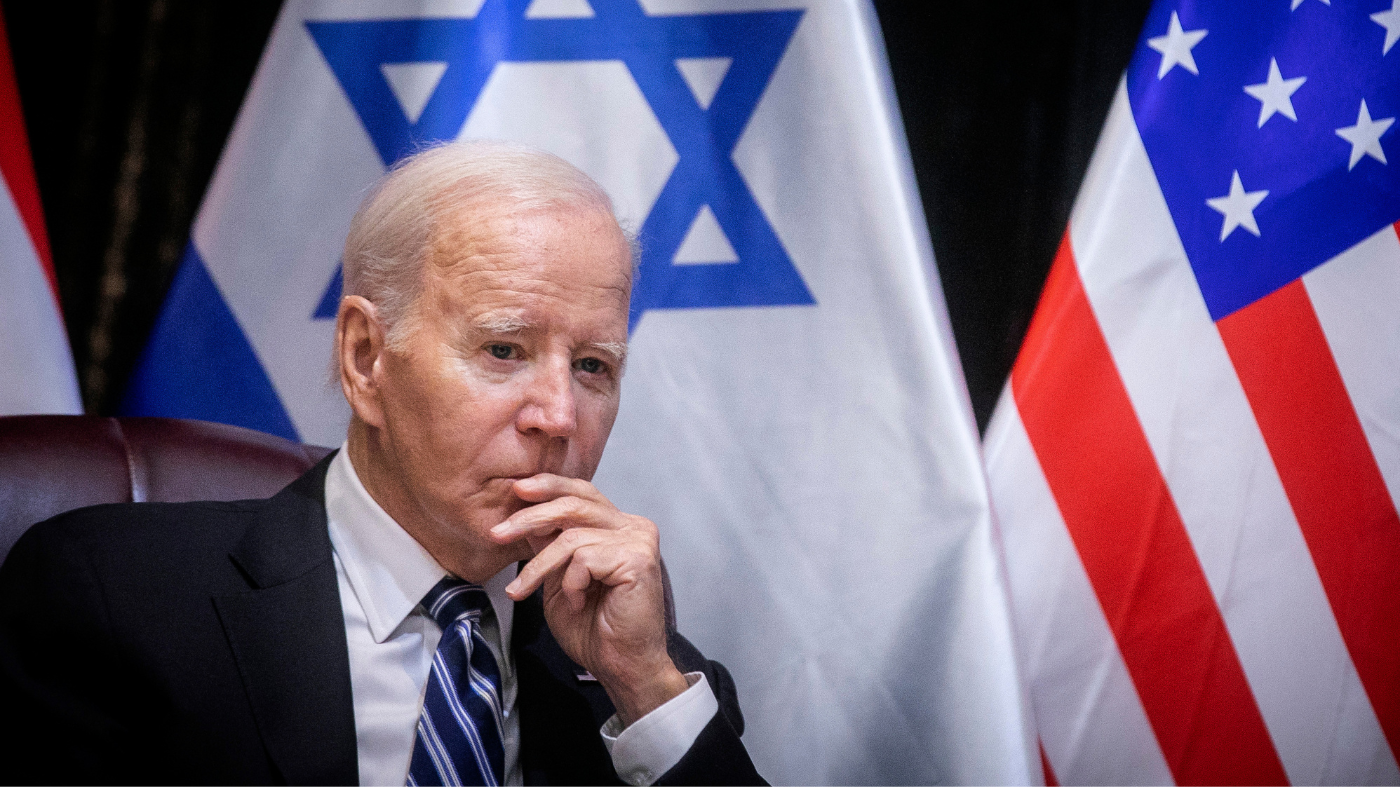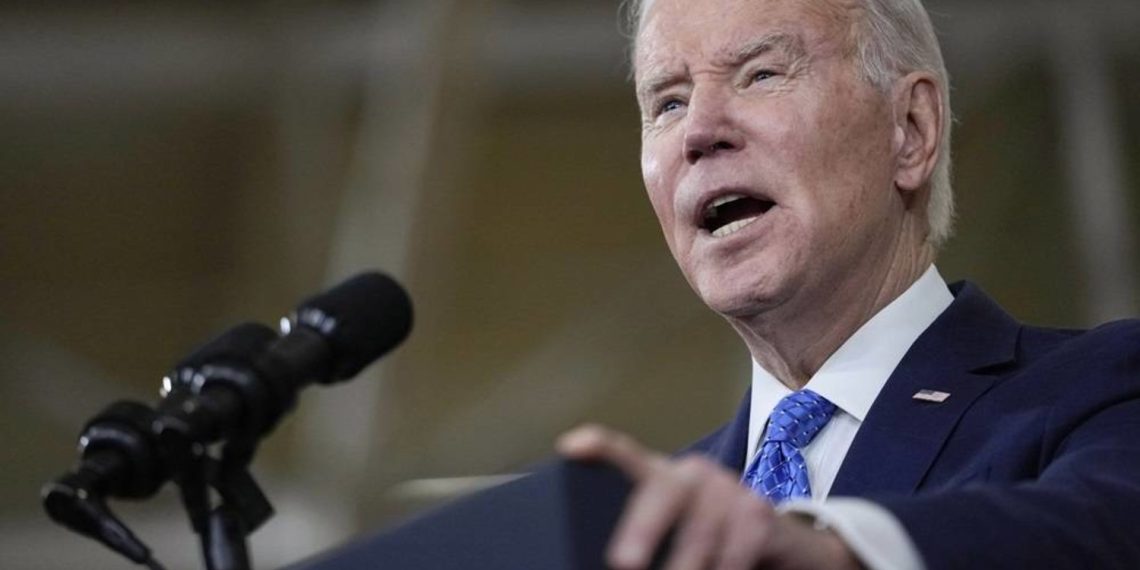President Joe Biden‘s recent demands for Israel to enhance humanitarian conditions in Gaza and support a ceasefire have ignited a flurry of reactions from political allies and opponents alike.
In a call with Prime Minister Benjamin Netanyahu, Biden threatened to link U.S. support for Israel’s offensive in Gaza to concrete measures safeguarding aid workers and civilians.
This marked a significant departure for Biden, a known supporter of Israel, as it signaled a willingness to leverage U.S. aid to influence Israeli military actions.

Biden’s move comes amidst mounting pressure from the left wing of his Democratic party to address the dire humanitarian situation facing Palestinian civilians in Gaza due to Israeli attacks.
Democratic Senator Chris Van Hollen criticized the Netanyahu government’s actions and called for a shift in the U.S. approach, emphasizing the need for public vocalization of expectations and engagement at the U.N. Security Council.
Senator Bernie Sanders echoed similar sentiments, highlighting the inconsistency in expressing concern for Gaza’s humanitarian crisis while simultaneously providing military aid to Israel.
Senator Chris Murphy emphasized the urgency of an immediate ceasefire, stressing that reopening a single crossing into Gaza was insufficient.

While some Democrats criticized Biden for not going far enough, Republicans condemned his change in tactics. Senator Tom Cotton accused Biden of prioritizing his reelection prospects over Israel’s security, suggesting that Biden’s actions strengthened Hamas’s position.
Republican Representative Brian Mast accused Biden of appeasing left-wing extremists and endangering Israel by demanding a ceasefire without the release of hostages held by Hamas.
Israel announced the reopening of the Erez crossing into northern Gaza and the temporary use of Ashdod port in southern Israel to increase humanitarian aid supplies into Gaza. However, the White House refrained from outlining specific consequences should Israel fail to meet Biden’s demands.




